Electric heater vs gas heater – experts reveal which is the best option if you want a cosy home this winter
Which will heat up your home best? Here's what the pros say
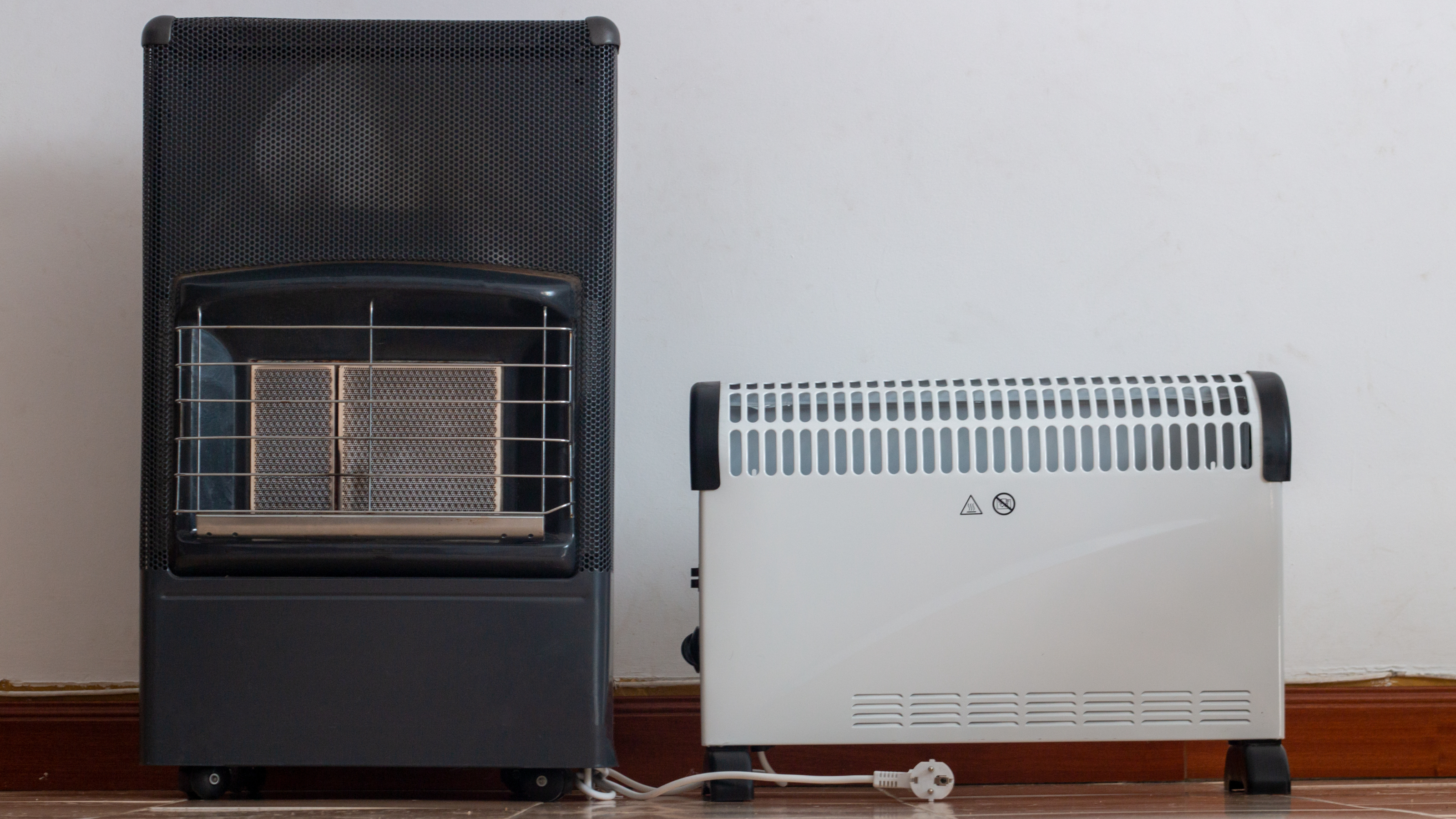

As summer draws to a close, there's nothing like being greeted by a warm and cosy home. Enlisting the help of a portable heater to stave away the cold is a popular choice for many households, offering an easy way to add a little extra bit of warmth where you need it and, of course, avoid having to turn the heating on where possible.
With so many options available on the market, you may find yourself having to decide between an electric heater and a gas heater. However, what exactly are the differences between the two and which is the best choice for your home? We asked experts to help break down the key differences, so you can get ahead on investing in the best electric heater and heating solution ahead of the temperatures truly plummeting.
Electric heaters: what you need to know
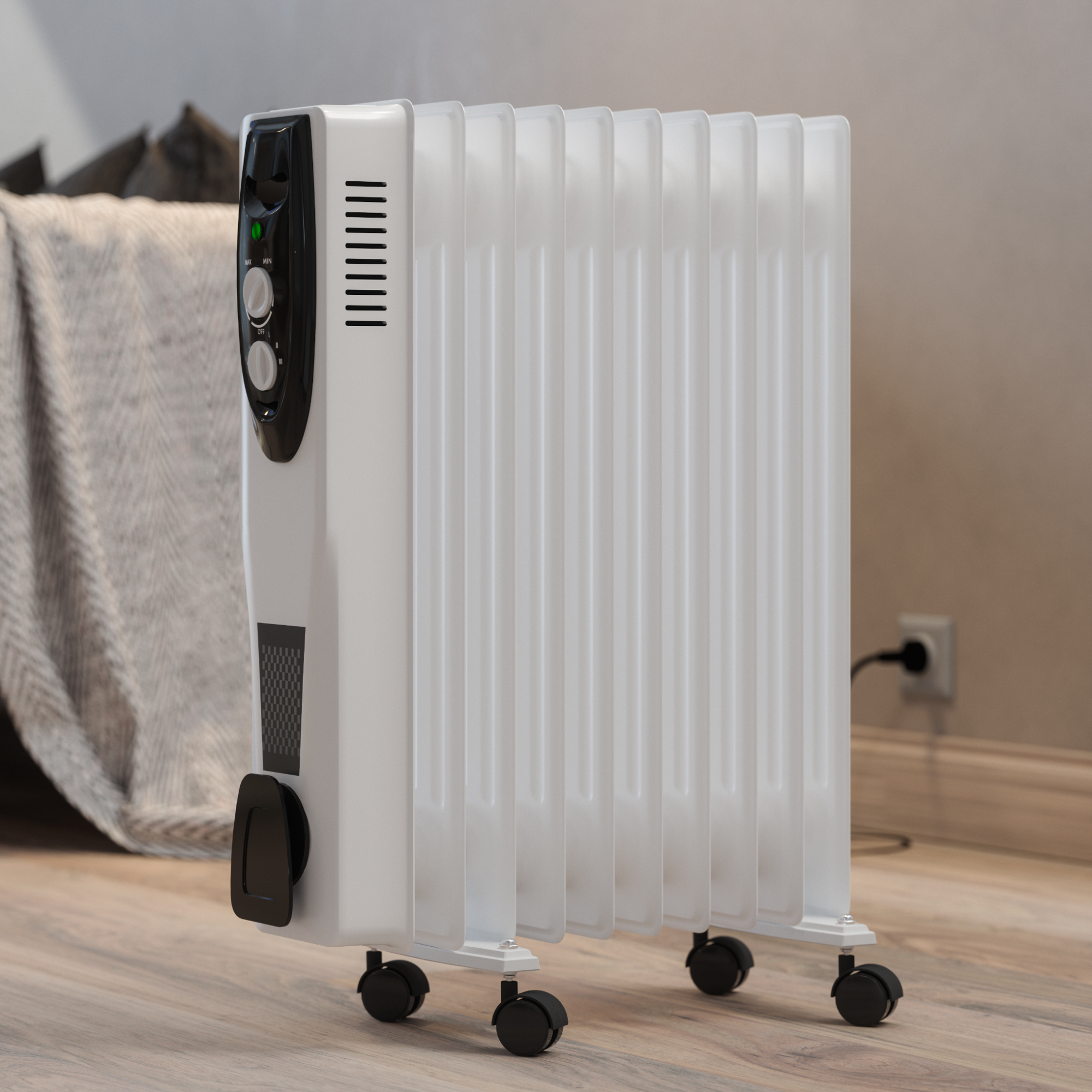
Electric heaters are often a top choice for many people because of their convenience and versatility. These heating solutions work by converting electricity into heat, giving them that fantastic plug and play advantage which makes them so easy to use. Not to mention, there are so many different types of electric heaters, giving you a lot of options to browse and even find the cheapest one to run.
'Electric heaters are a great option, as they use a fuel source that most homes already have, no special ventilation is required either when operating, and they typically cost less to purchase, install, and maintain,' says James Longley, managing director at Utility Bidder.
Fantastic Services' appliance technician, David Miloshev, notes that electric heaters also typically have a longer lifespan and pose less risk of water damage from leaking or damaged pipework. Not to mention, newer electric heating systems even come with smart controls, making them highly efficient.
It is worth being aware, however, that electric heaters can take a little longer to heat up compared to their gas counterparts and although are cheaper to purchase, the cost to run an electric heater will set you back more. As a general rule of thumb, James explains that a typical electric heater will use around 2kW of energy, costing you around 49p per hour.
Gas heaters: what you need to know
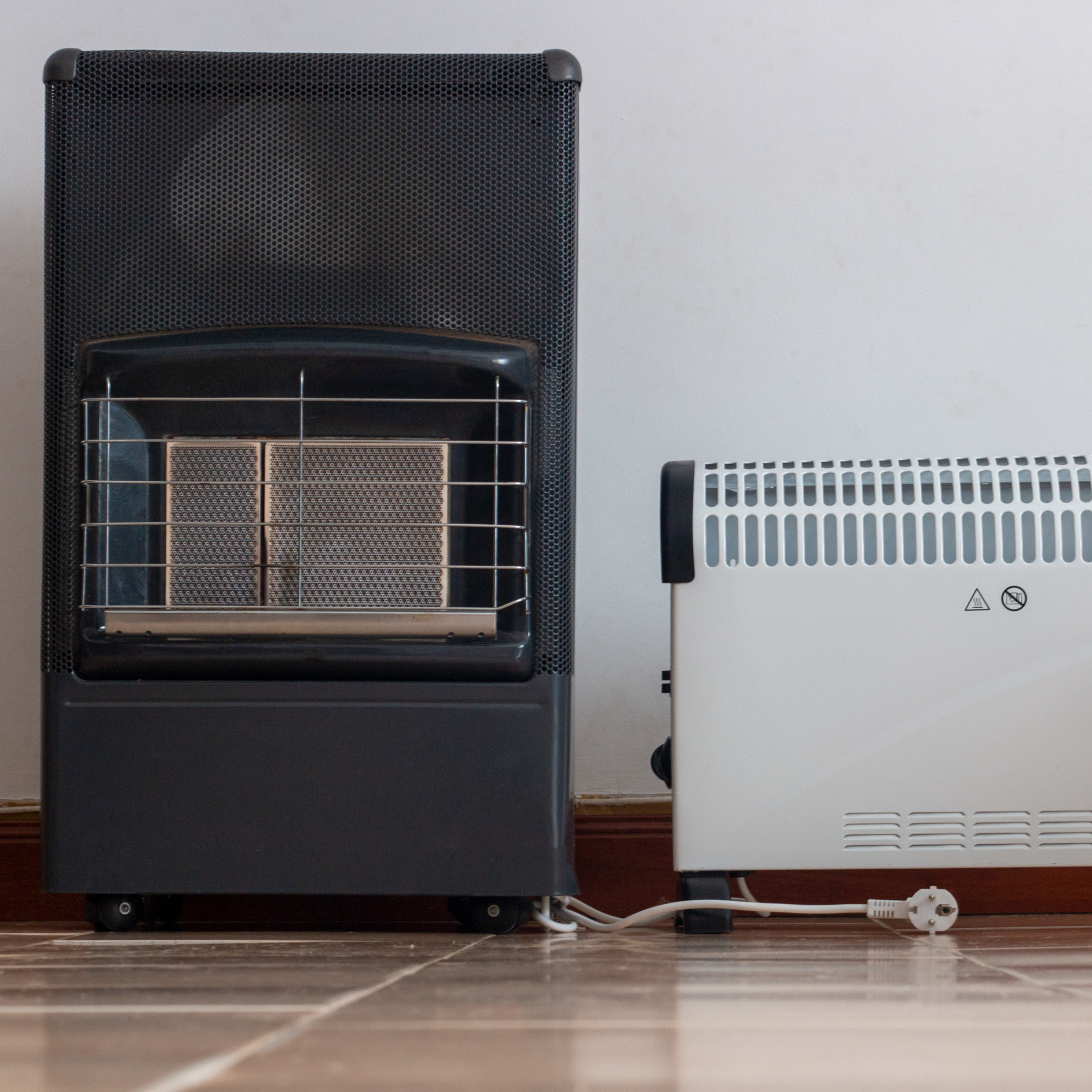
Gas heaters, on the other hand use propane or natural gas to generate heat. These types of heaters are often favoured because of their lower cost to run and ability to heat up quicker compared to electric heaters.
'They're more affordable to run than electric heaters, plus they can run much hotter than electric fireplaces, making them an ideal choice for particularly large of cold rooms,' says Adam Oldfield, director at StovesAreUs.
As it currently stands, the average cost to run a 2kW gas heater is around 28p per hour. Compared to the hourly rate of an electric heater, this is undeniably cheaper.
However, James cautions that they can potentially produce harmful by-products and proper ventilation must be required to use them without issues. Not to mention, a gas line from the street of your home or a propane tank needs to be installed.
Adam urges ensuring that gas heating solutions are always installed by a Gas Safe registered engineer. Because of this, they're not as convenient as the 'plug and play' design that electric heaters offer.
Therefore, while they have their advantages, you must be prepared to put the work in with installation and maintenance of fuel refills.
Which is better, a gas heater or an electric heater?
Both electric heaters and gas heaters are fantastic choices to heat your home in a pinch. However, which one you decide on will ultimately come down to your own preferences.
'When considering which type of heater is best suited to you, you should consider the size of your home and whether you plan on using it throughout the year,' says James from Utility Bidder. 'Gas heaters will be better for those who plan on using them no matter the time of year, nevertheless, you need to have the proper ventilation installed. Whereas an electric heater is more practical but is slightly less cost-effective, so I would recommend using it on occasion.'
Adam adds that gas heaters are also the better option if you live in rural areas that are susceptible to power cuts, as they don't rely on electricity. 'They are also a good choice for those with particularly cold homes as they run hotter than electric models,' he says.
But, if the biggest thing you're looking for is portability and simply heating a room (or even just yourself) as opposed to an entire house, an electric heater will do the job and more.
Shop portable electric and gas heaters
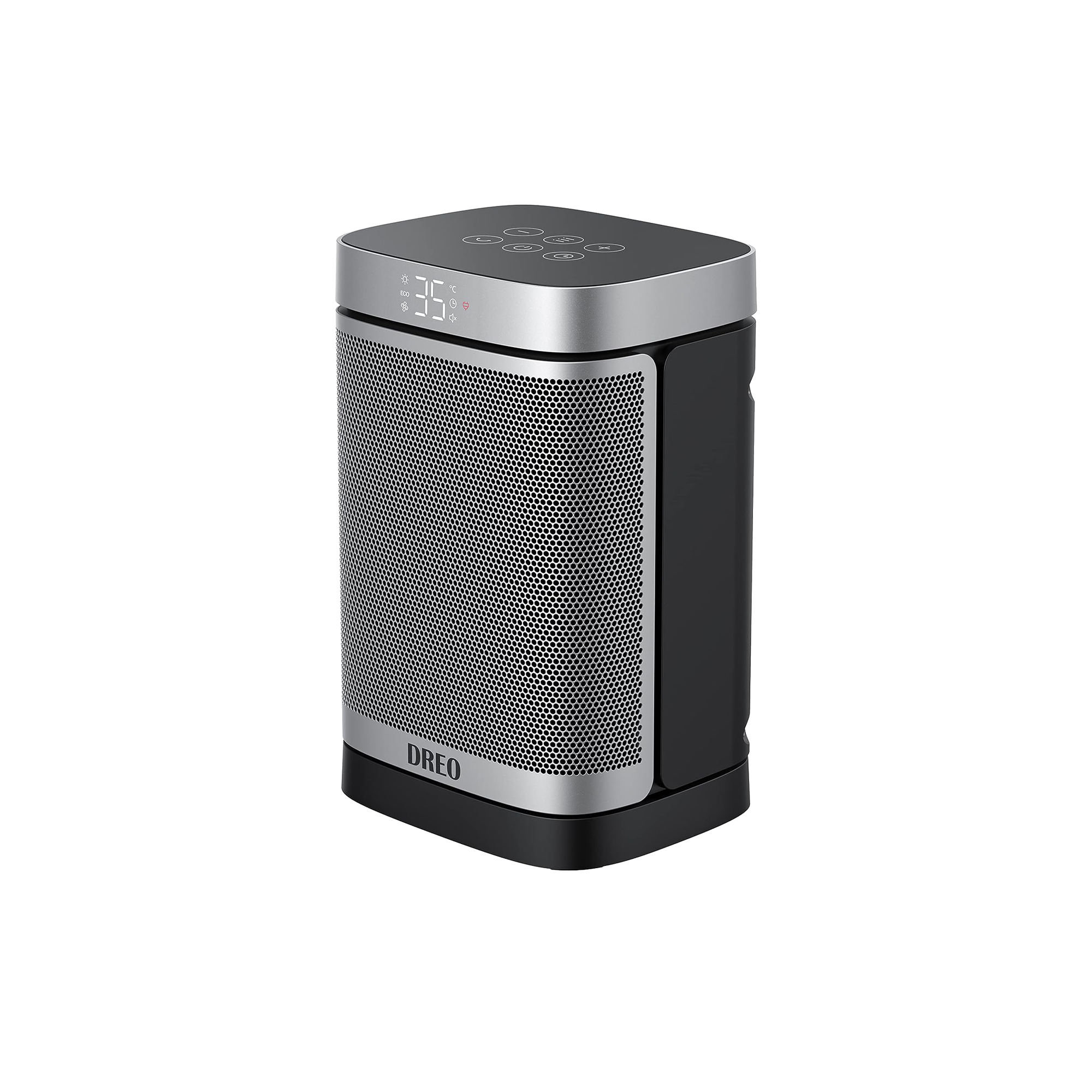
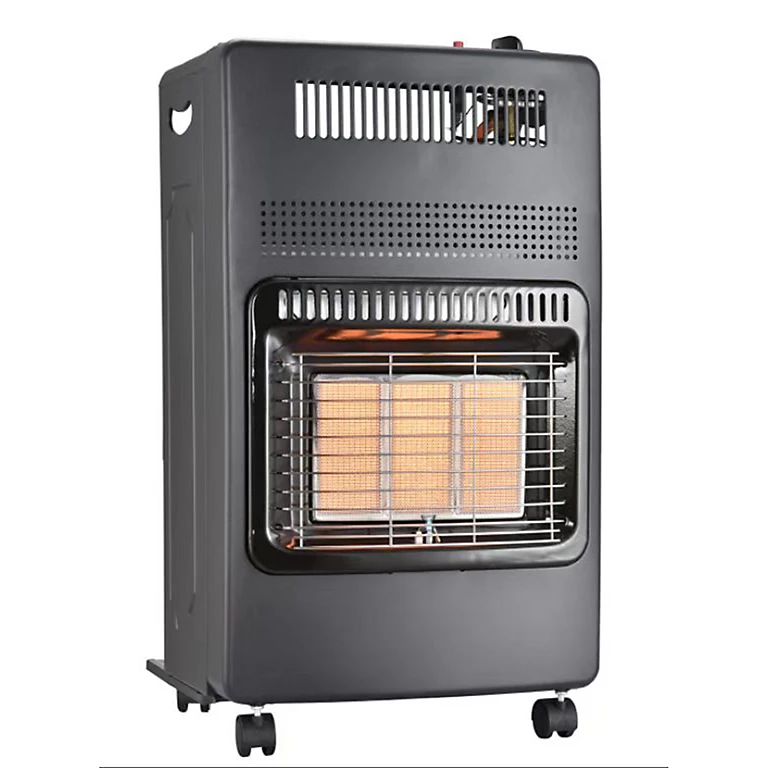
This high-performance gas heater is designed for both indoor and outdoor use, with three adjustable settings and the capacity to hold up to a 15kg gas container. This ensures versatility and prolonged heating.
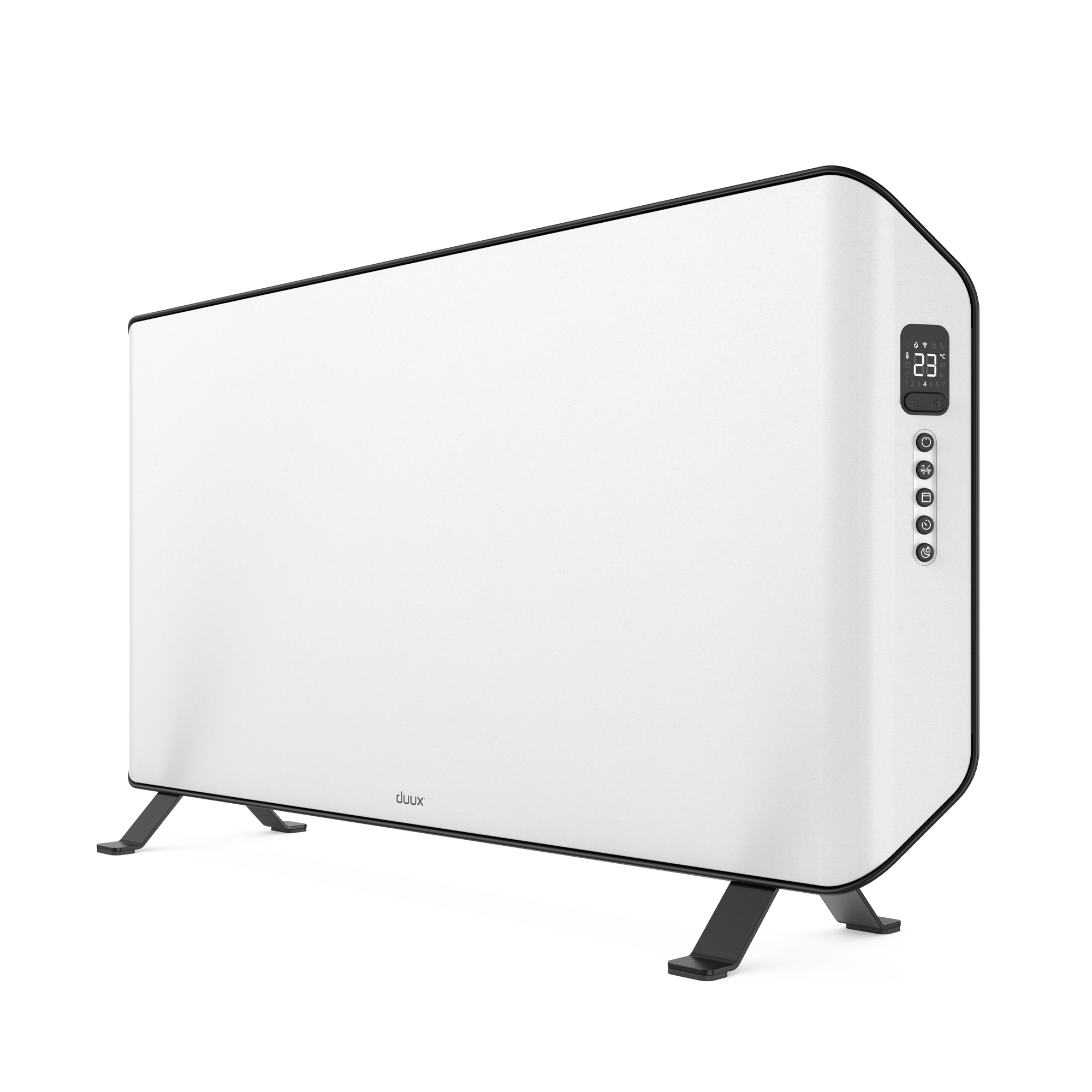
Irrespective of whether you choose to opt for a gas or electric heater, always ensure you consider how it fits your heating needs, lifestyle, and budget. Either way, they'll both come in handy when battling the dreaded sub-zero temperatures to come.
Get the Ideal Home Newsletter
Sign up to our newsletter for style and decor inspiration, house makeovers, project advice and more.

Jullia was Ideal Home’s Junior Writer from 2022-2024 and the Ideal Home Certified Expert in Training on Vacuums having spent over 60 hours testing different models. She’s always loved all things homes and interiors, graduating with a bachelor’s degree in Architectural Studies from the University of Nottingham where her love for writing blossomed following her internship at ArchDaily. Now focused on home tech and cleaning, Jullia works on writing features and explainers to help people make the most of their home appliance investments, putting the newest launches through their paces. When she isn’t writing, she loves exploring the city, coffee shop hopping, and losing hours to a cosy game or book.
-
 Did you know John Lewis can make your old curtains or rugs look like new? Their repair service is now available in all stores
Did you know John Lewis can make your old curtains or rugs look like new? Their repair service is now available in all storesJohn Lewis has added another string to its bow, and it's great news for your old homeware
By Kezia Reynolds
-
 This beautiful mixing bowl is the unexpected star of so many kitchens – including Mary Berry's and the Bake Off tent
This beautiful mixing bowl is the unexpected star of so many kitchens – including Mary Berry's and the Bake Off tentThis earthenware bowl proves that you don't have to spend a huge amount for a classic kitchen addition
By Molly Cleary
-
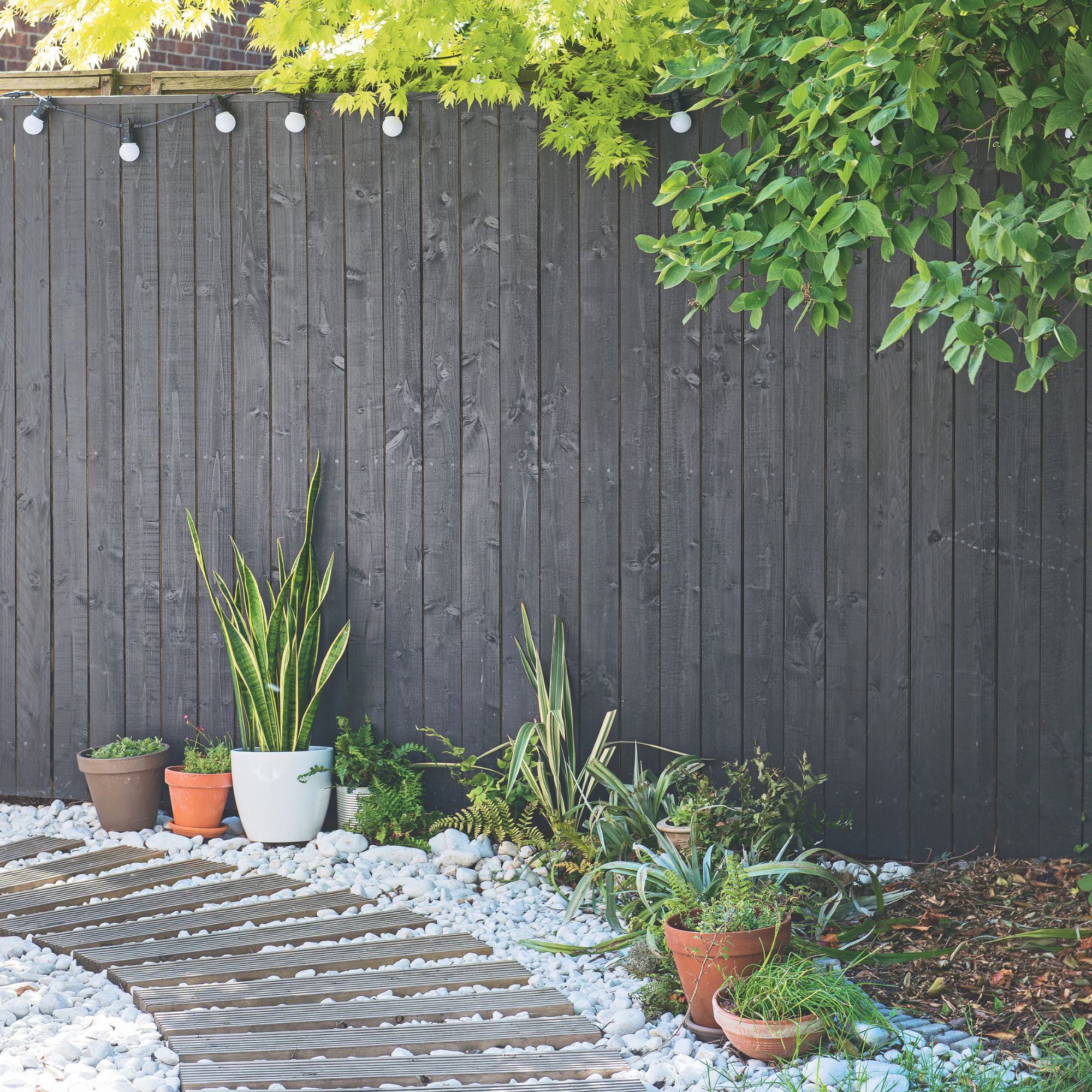 Have you been painting your fence wrong? 8 common fence painting mistakes that will lead to a streaky and patchy finish
Have you been painting your fence wrong? 8 common fence painting mistakes that will lead to a streaky and patchy finishWondering why your fence's last paint job didn't turn out like you hoped? Here's why
By Katie Sims
-
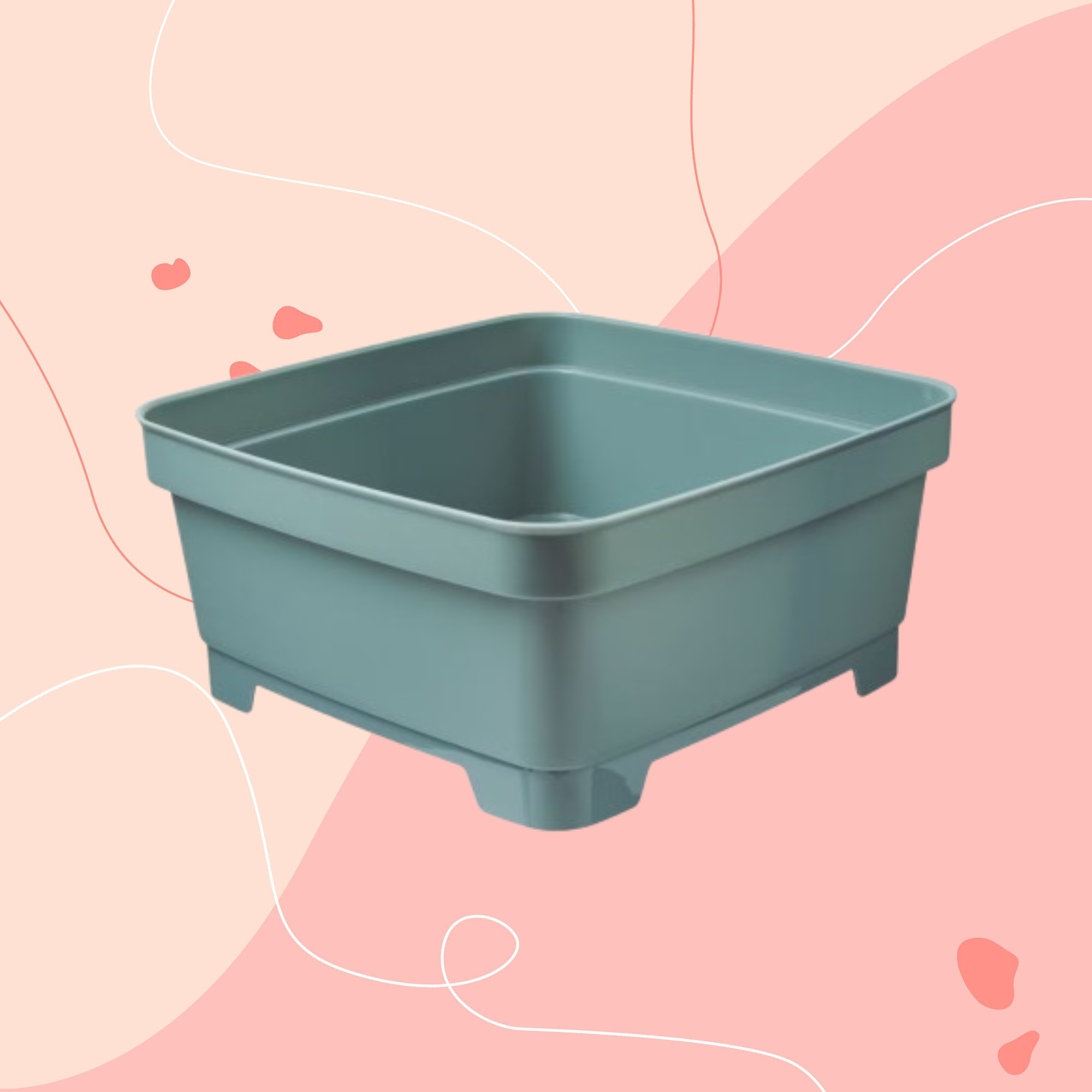 Aldi is releasing a budget alternative to the cult Joseph Joseph washing up bowl – it’s just £4.99
Aldi is releasing a budget alternative to the cult Joseph Joseph washing up bowl – it’s just £4.99The Joseph Joseph washing up bowl is an Ideal Home favourite - now we can't wait to try Aldi's alternative
By Kezia Reynolds
-
 I just bought my first home, and this £10 buy was the very first thing I bought for it to make it feel warmer and secure
I just bought my first home, and this £10 buy was the very first thing I bought for it to make it feel warmer and secureIf I did it all again, this would still be my very first buy
By Rebecca Knight
-
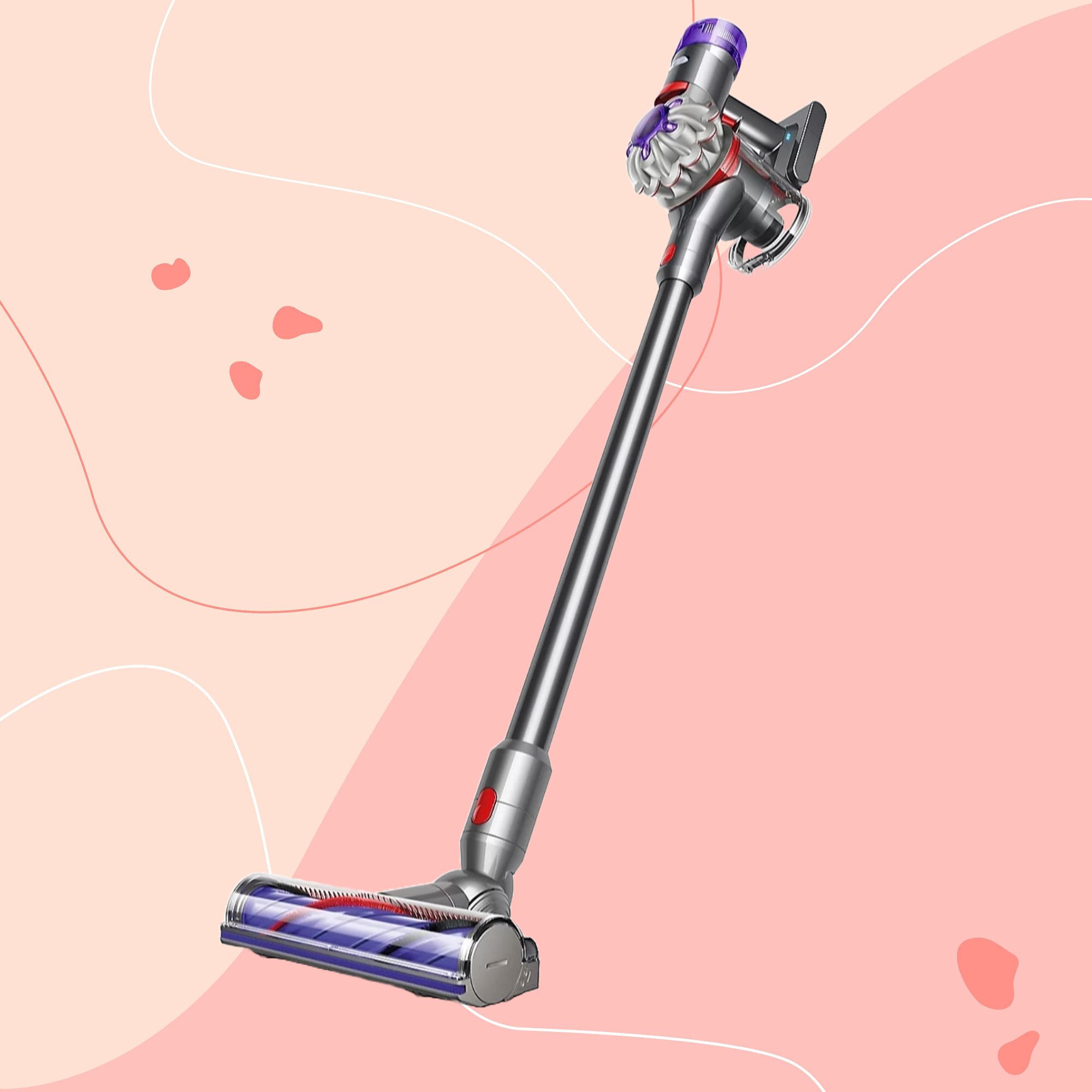 It’s normally impossible to find a Dyson vacuum for under £250 — but QVC has slashed the price of their bestselling models for a limited time
It’s normally impossible to find a Dyson vacuum for under £250 — but QVC has slashed the price of their bestselling models for a limited timeRun don’t walk to pick up the brand’s bestselling model for under £230 before it sells out
By Lauren Bradbury
-
 Catherine Zeta-Jones has revealed the cleaning product she swears by to keep her home fresh - and it’s just £8 on Amazon
Catherine Zeta-Jones has revealed the cleaning product she swears by to keep her home fresh - and it’s just £8 on Amazon'I use it on my counters. I use it on my walls. I use it on my doors. When I smell it, I know my house is clean.'
By Kezia Reynolds
-
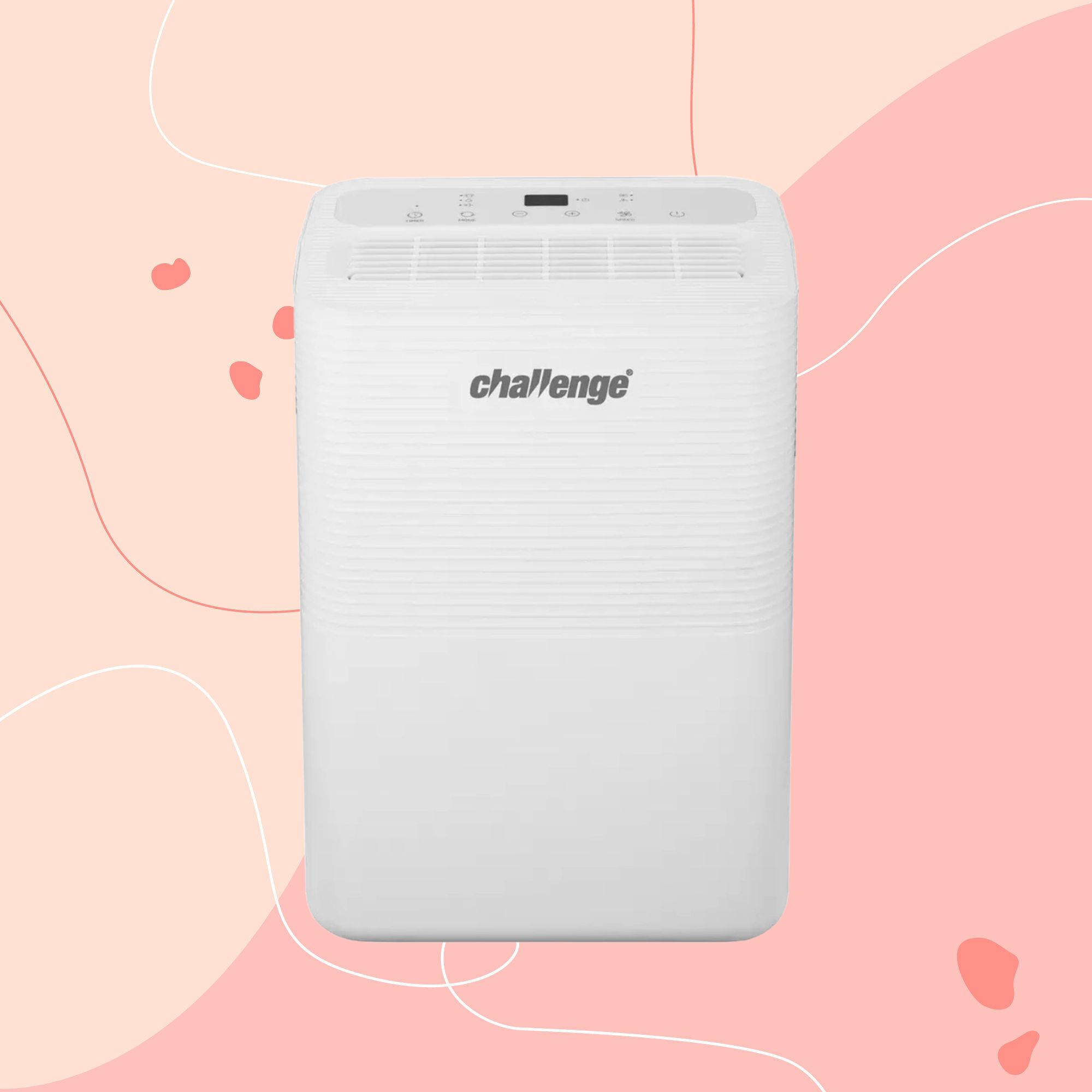 I tested the 12L Challenge dehumidifier in my damp Victorian home over winter — I haven’t spotted any signs of mould for the first time in five years
I tested the 12L Challenge dehumidifier in my damp Victorian home over winter — I haven’t spotted any signs of mould for the first time in five yearsThe Challenge 12L dehumidifier doesn’t have too many bells and whistles, but I can already see the difference it’s made to my damp home
By Lauren Bradbury
-
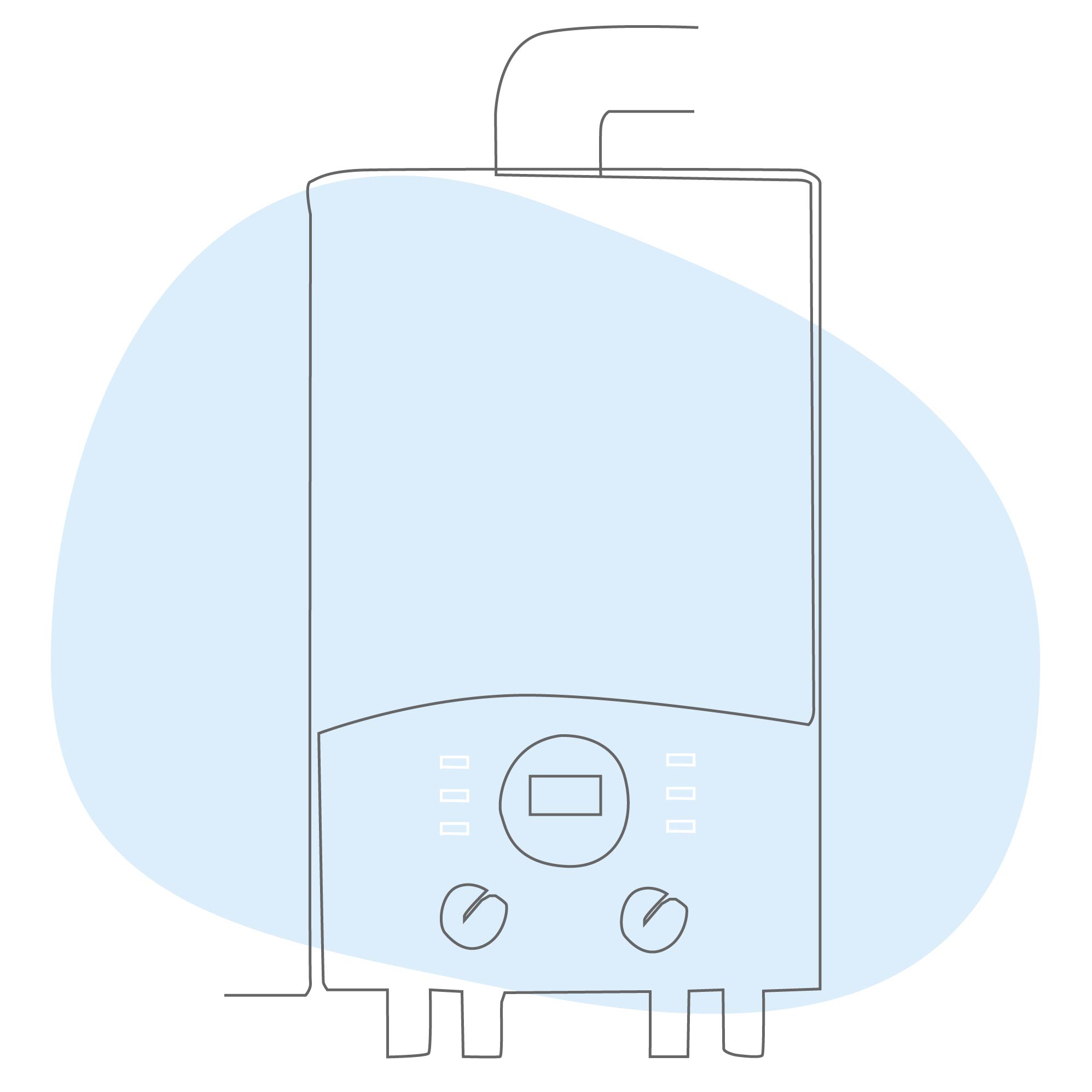 What is boiler flow temperature? Heating experts urge you to check yours now as you could be overpaying on your energy bills
What is boiler flow temperature? Heating experts urge you to check yours now as you could be overpaying on your energy billsTurning this little-known number down just a few degrees can result in some serious savings
By Lauren Bradbury
-
 Stacey Solomon has shared 5 nifty wardrobe storage hacks to make getting ready in the morning easier — and they're genius
Stacey Solomon has shared 5 nifty wardrobe storage hacks to make getting ready in the morning easier — and they're geniusThese five wardrobe storage hacks are a gamechanger
By Katie Sims
-
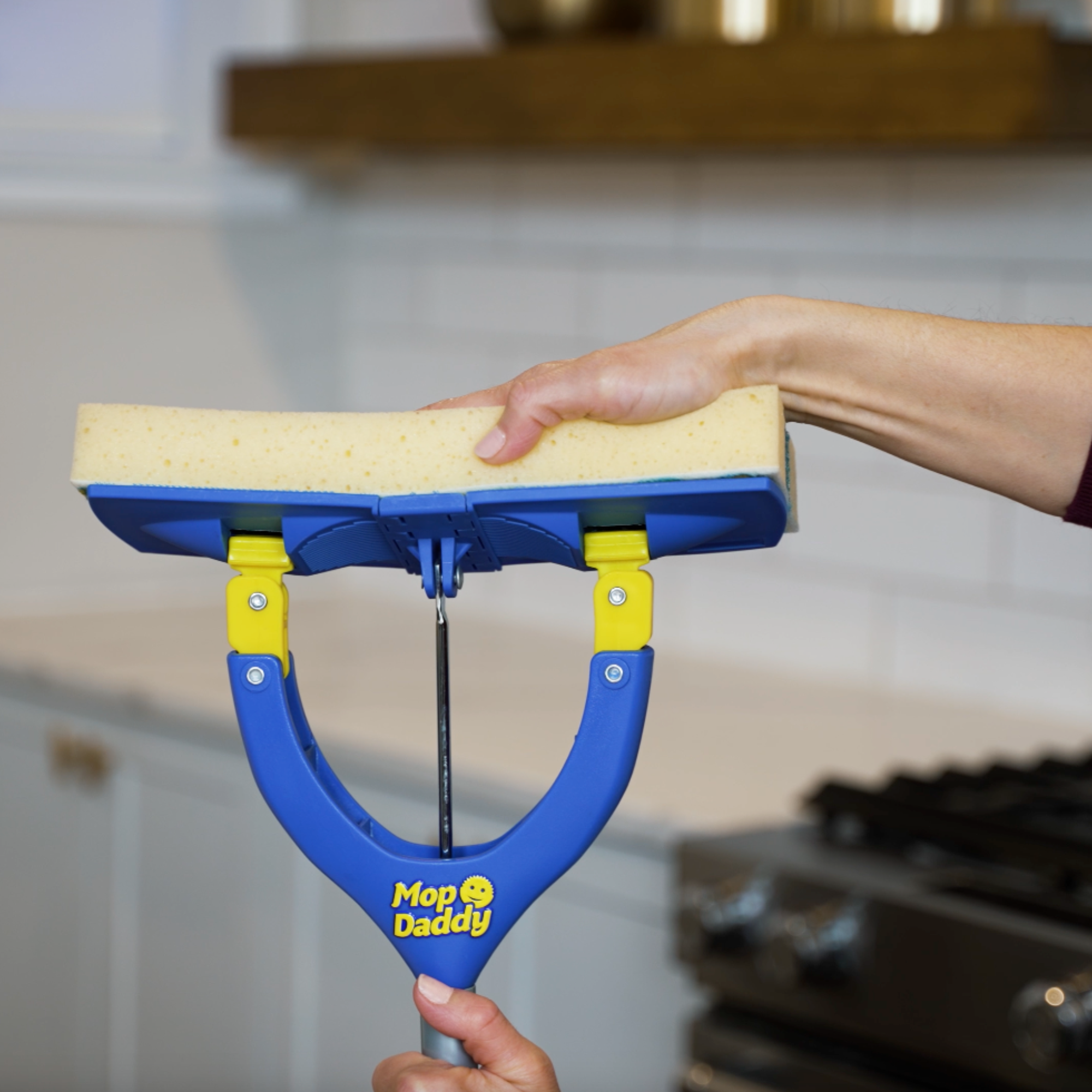 Cult cleaning brand Scrub Daddy has just launched a brand new butterfly mop — could it be the ultimate solution for banishing stubborn marks on your floor?
Cult cleaning brand Scrub Daddy has just launched a brand new butterfly mop — could it be the ultimate solution for banishing stubborn marks on your floor?We're obsessed with all things Scrub Daddy
By Kezia Reynolds